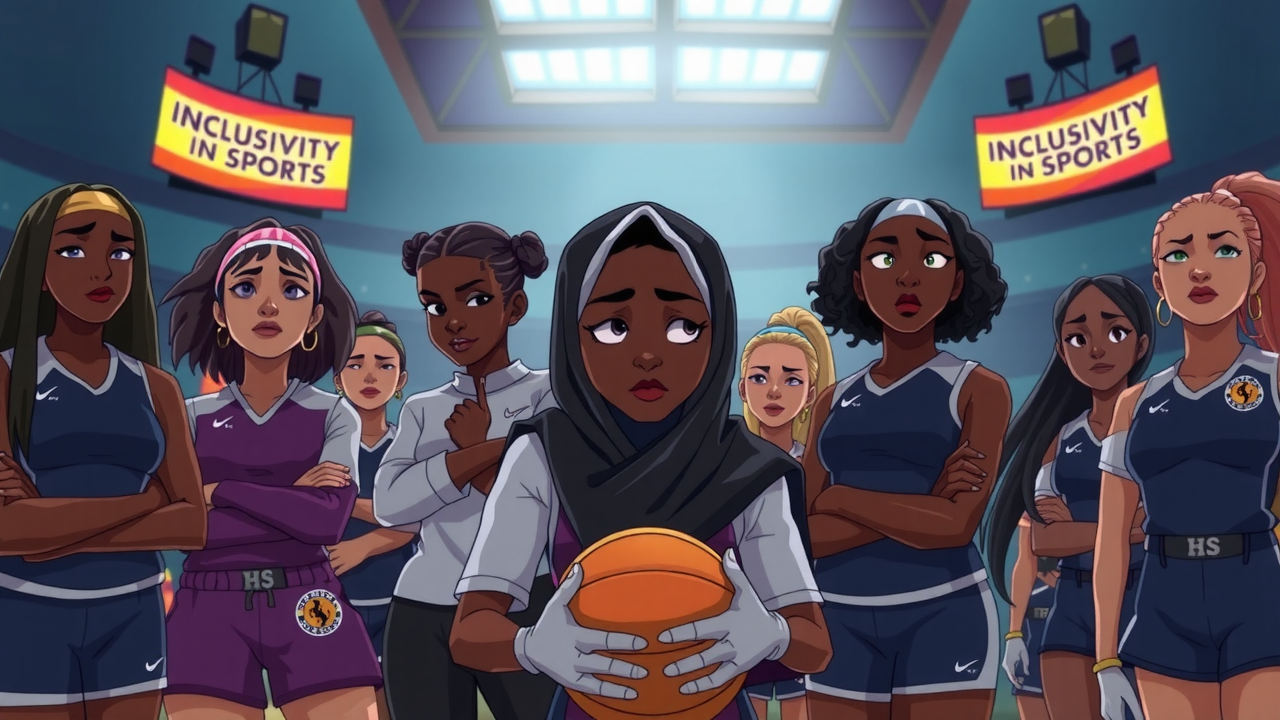When the 2024 Olympics begin this week, France will prohibit its athletes from wearing hijabs, a move Amnesty International condemns as blatant discrimination. The ban, extending to amateur sports leagues, contradicts the Olympic charter’s call for religious respect and human rights. Critics argue t

As the 2024 Olympics commence this week in France, the country’s prohibition on athletes wearing hijabs has stirred significant debate and criticism. Despite the Olympic charter’s emphasis on respecting religion and human rights, France’s stance on religious attire is being labeled as blatant discrimination by Amnesty International.
The policy, which begins this week, prohibits athletes from wearing headscarves during the games. This ban seems to contradict the Olympic charter’s calls for respect of religion and protection of human rights. The ramifications of this decision extend beyond the Olympics, impacting amateur sports leagues within France. The policy has led to systemic issues for women athletes, forcing many to contemplate leaving the country to pursue their sporting careers.
Amnesty International’s Report:
- Anna Błuś, a researcher for Amnesty International, highlights broader impacts on women athletes.
- The ban negatively affects female athletes in sports such as soccer, basketball, and volleyball.
- Błuś indicates the policy could lead to systemic issues for women in sports.
Technical Justification:
- The International Olympic Committee (IOC) views athletes as civil servants under French law.
- French law requires civil servants, including athletes, to adhere to secularism and neutrality, banning outwardly religious symbols.
- Amélie Oudéa-Castéra, France’s sports minister, supports this view, stating that the national team is subject to public service restrictions.
Broader Implications:
- Athletes face a loss of identity by being forced to remove their hijabs.
- Many women athletes do not see a future in French sports and consider competing for other national teams.
- Błuś reports that women are contemplating leaving France, with some planning to join other national teams.
Amnesty International’s Stance:
- Błuś argues that the secularist policies are unfairly applied to athletes.
- She asserts that athletes should not be treated as public servants and should focus on sports without adhering to discriminatory policies.
Personal Stories:
- Hélène Bâ, a basketball player, has been excluded from professional competitions since October 2023 due to the hijab ban.
- Bâ co-founded the Baskets Pour Toutes collective (Basketball For All) in France.
- She describes the exclusion as a “walk of shame,” highlighting the personal humiliation faced by athletes.





